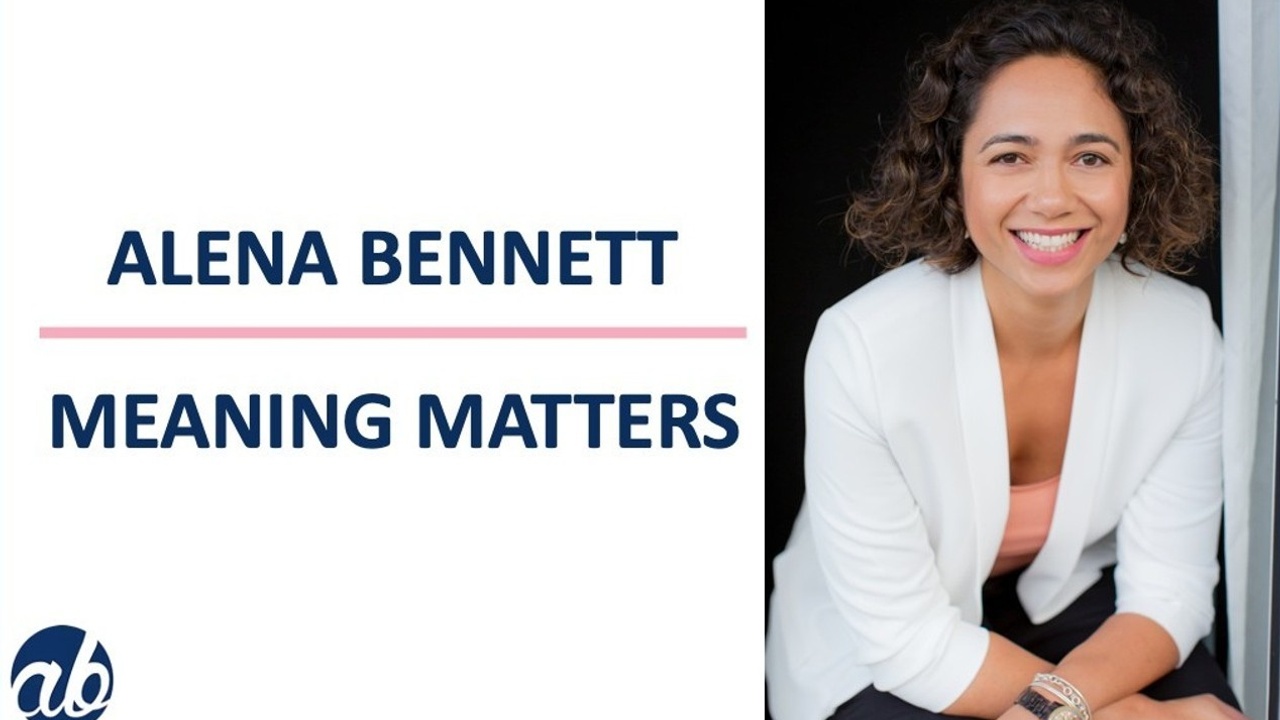This wasn't a power-play conversation, we weren't comparing status or trying to measure success. Knowing by our friendship and her tone, my friend wasn't being a snob at all – she was being curious and genuinely wanted to understand if I valued 'fancy' cars. She did and I didn't.
The mistake CFOs and their teams make in the pursuit of business partnering
CFOs and their finance teams have a common goal – to be strategic business partners to their CEOs and business stakeholders. Why do they want this?
CFOs like you are the ultimate of service professionals and feel great fulfilment in the ability to help the people they work with and to add value to their organisations. To be recognised and valued for the positive impact they make to their teams, their peers, their boss etc.
What's interesting, is that despite this, so many CFOs and their teams still find themselves fighting the latest fire, churning out reports that add little value or at best having their brains picked at a whim by their stakeholders.
So where is the disconnect? If the finance function wants to be strategic business partners, but they're not being utilised in that fashion, what is going on?
Why does Finance struggle to add value to the business?
The clue is in my car story above. I find that there are 2 main reasons CFOs and their teams struggle with how they are positioned within their organisations.
1. They don't know what their stakeholders value
2. They get bogged down in the detail of BAU
I want to discuss reason #1 - they don't know what their stakeholders value.
What is value?
Value is defined as 'how useful or important something is'. One of the biggest frustrations I hear from CFOs and finance leaders alike is 'I can help them do more, but they won't let me in.' or said another way, 'I am a business partner, but I'm stuck in deliverer mode all the time.' Inevitably what is going on here is a mismatch in what is valued.
The business doesn't need or value what you have to offer.
Finance and the business often value different things
CFOs want to help. They want to lead with impact and create value for their businesses. Rightly so, they have they capability, the attitude, the opportunity.
The business isn't necessarily walking around thinking, 'I want my CFO to lead with impact and create value for me'. OK...maybe at times the latter but the thought is more likely to be framed around their own needs.
For example, your Chief Distribution Officer might be thinking, 'I want to find new opportunities in the market, but I'm bogged down in people issues!' or your Chief Executive Officer might be thinking, 'We have a Board meeting next week. I need to find time with the Chair for a pre-session'. Believe it or not, they're not thinking about us!
If we don't ask our stakeholders what they value, we will make assumptions. The wrong ones. And so we'll go about investing a significant amount of energy and effort into activity that isn't valued.
Insert frustration here.
Value, valuable and valued. The difference
In order to be valued for helping someone, the work we need to do needs to be perceived as valuable by them. In order to do valuable work, we need to have clarity around what they value.
Am I talking in riddles? Not really. It's quite simple.
What you value is unlikely to be exactly the same as what they value. If you want to be valued as a strategic business partner, you need to find out what they value.
How CFOs and their teams find out what is valued
Ask questions like:
1. What do you need? This will tell you want they currently value.
2. What do you want? This is where you have the opportunity to align what you both value, as question leads to a more future-focused aspirational response.
3. What are your challenges? This will indicate the opportunities you have to help them now. Which they will value.
4. What are you worried about? This will indicate the opportunities you have to add deep value in the type of way they didn't even know possible.
If you ask these questions to your stakeholder, and you discover that all they care about at this point in time is getting their budget to actuals spreadsheet reconciling, then if you want to be a business partner, do that! Prove that you will help them with what they need and use the trust and respect you get from helping them in what they value now to show them a better future. Use your relationship to show them what's possible when they have a true strategic business partner.
But make sure you've demonstrated to them that you can add value. Even if their definition is different.
Now... time for me jump in my Subaru to pick up some bread...
What do you value?
What do your key stakeholders value?
How can you instil a value mindset through your finance team?

